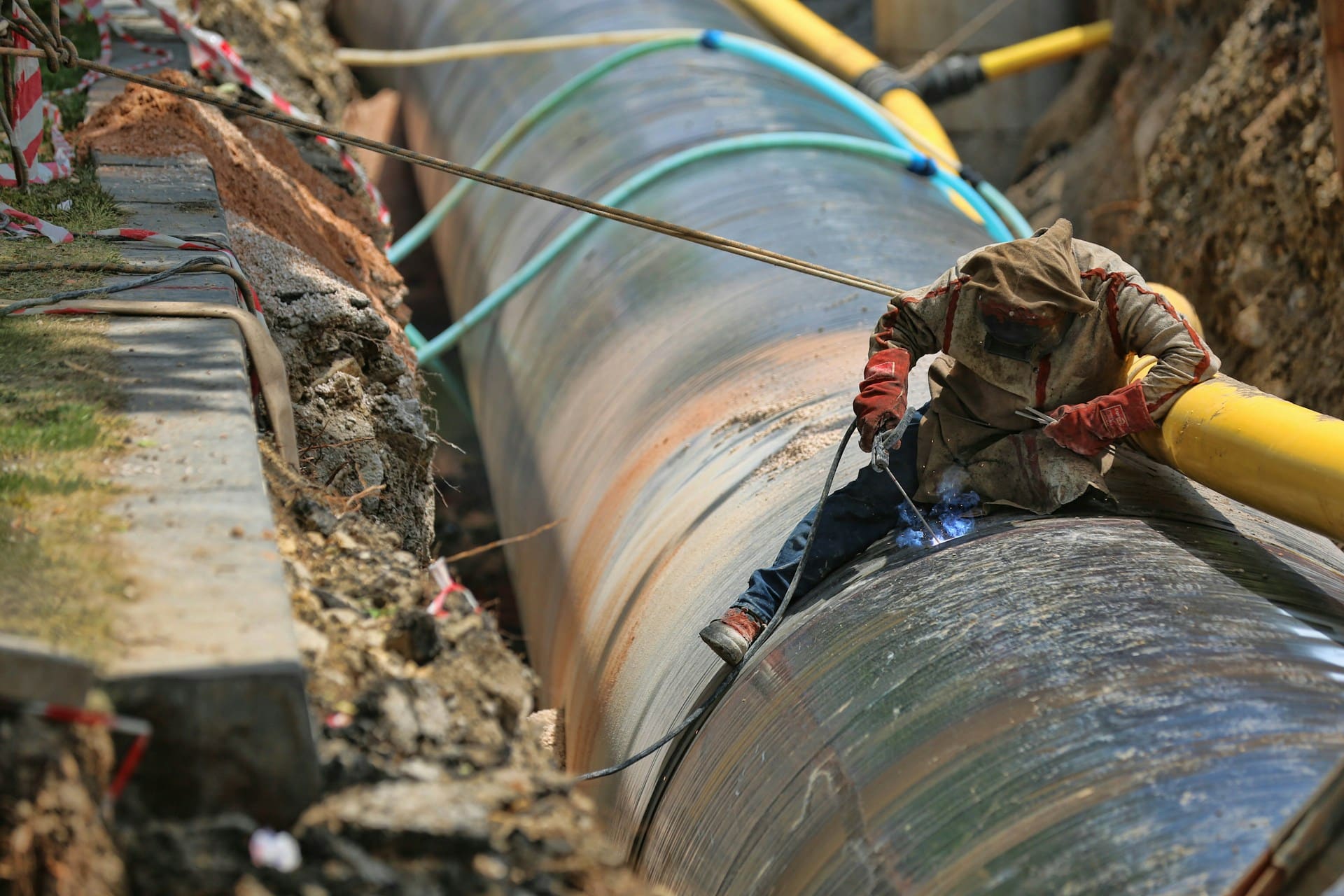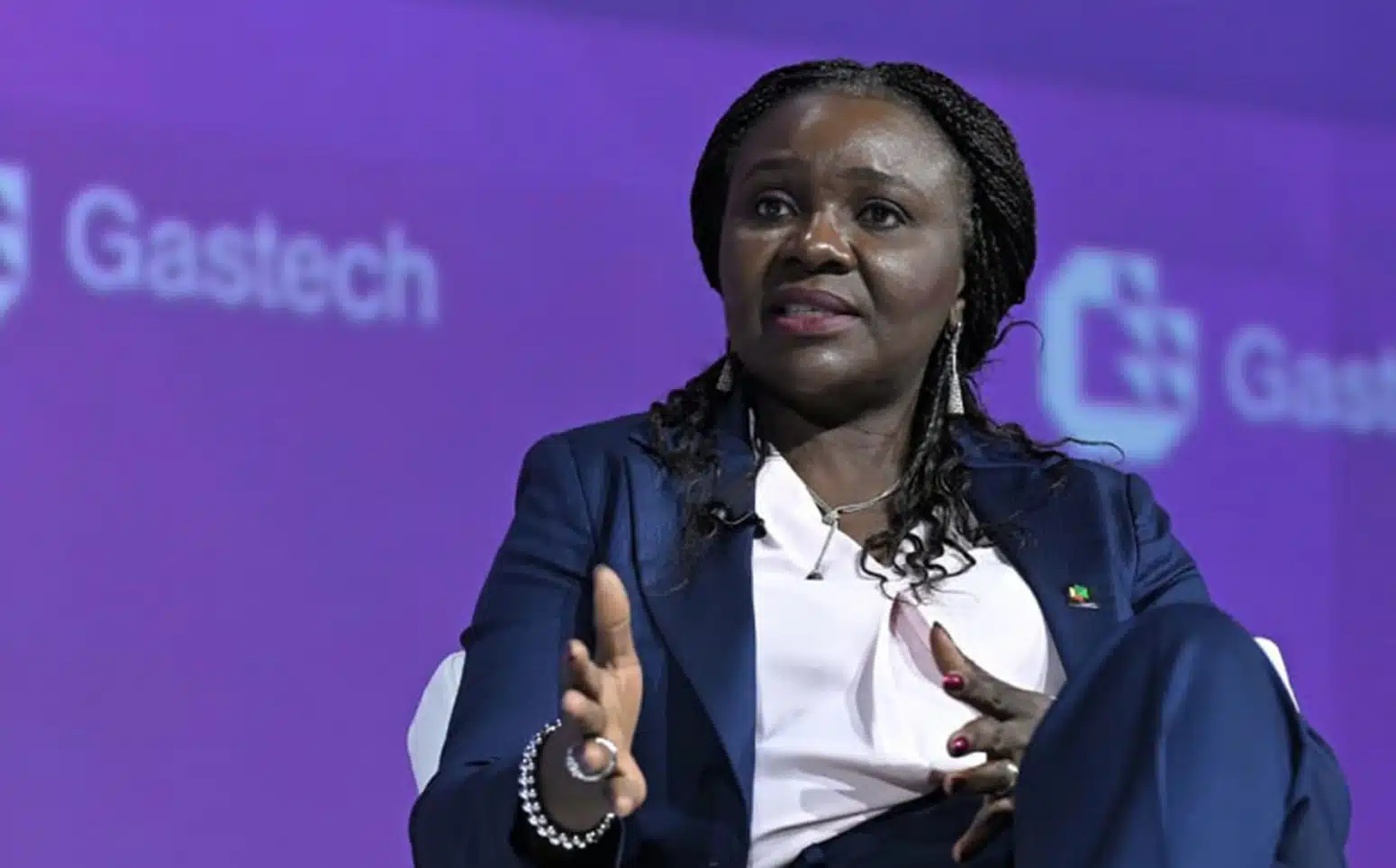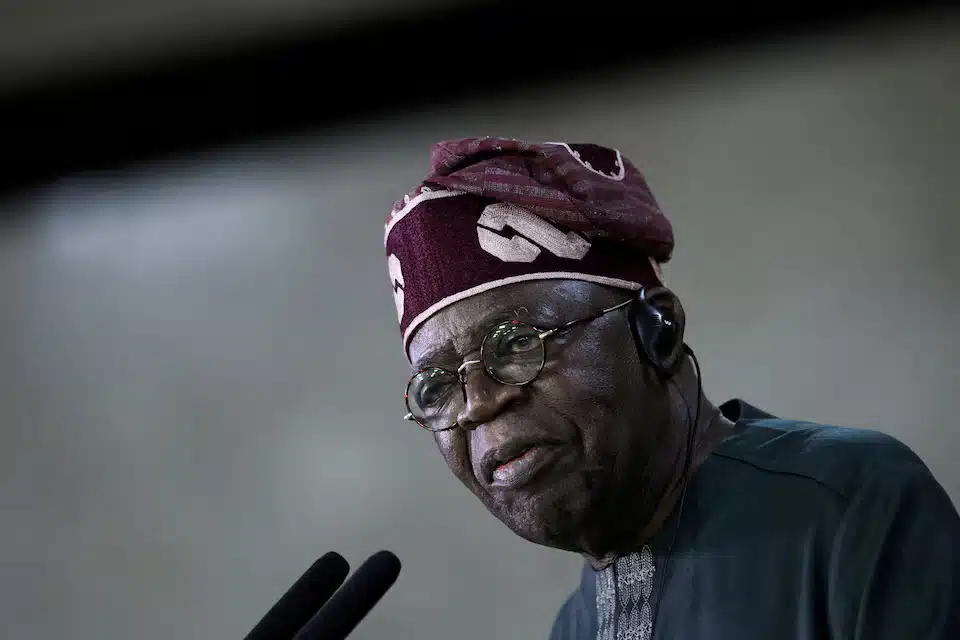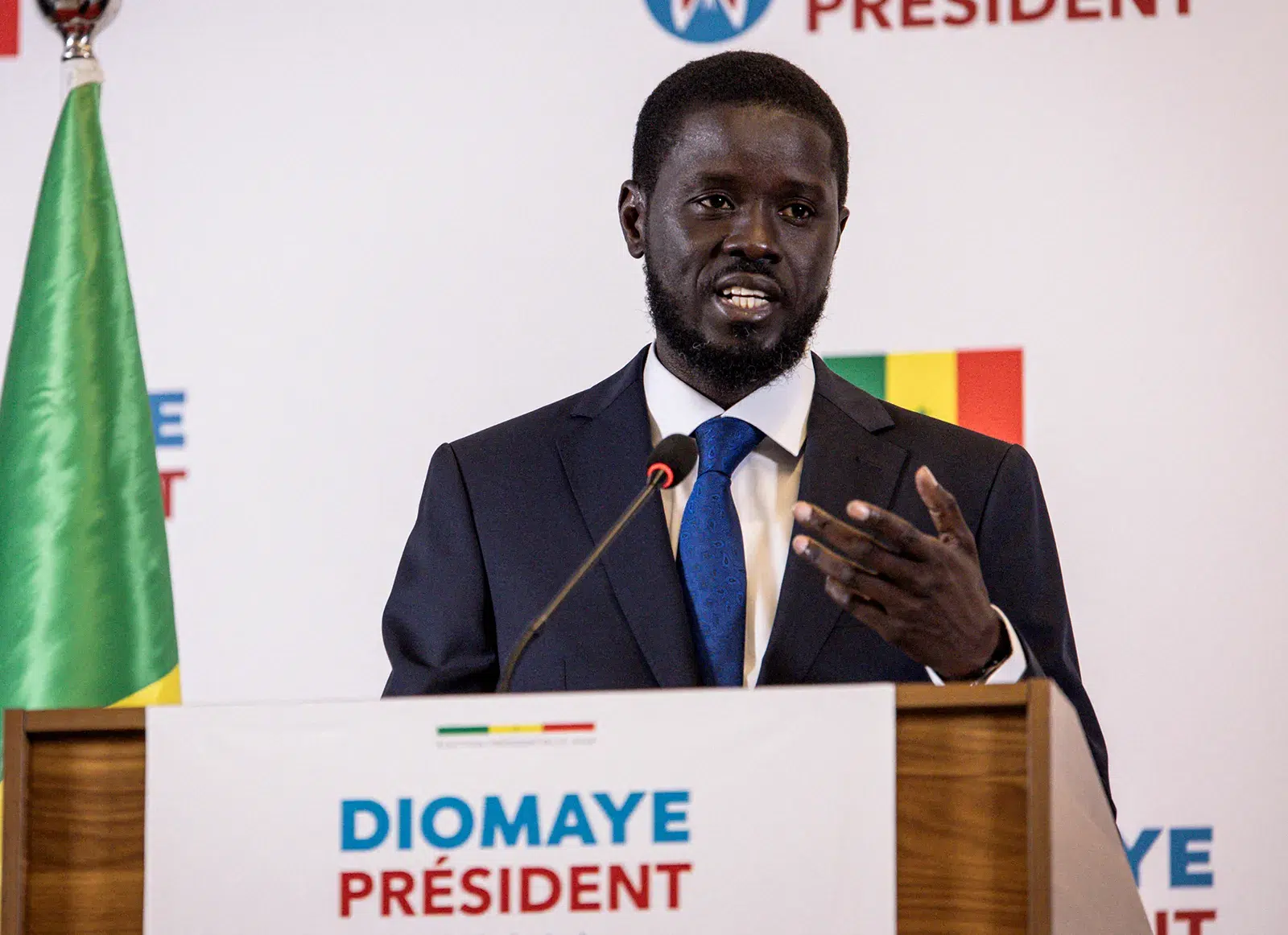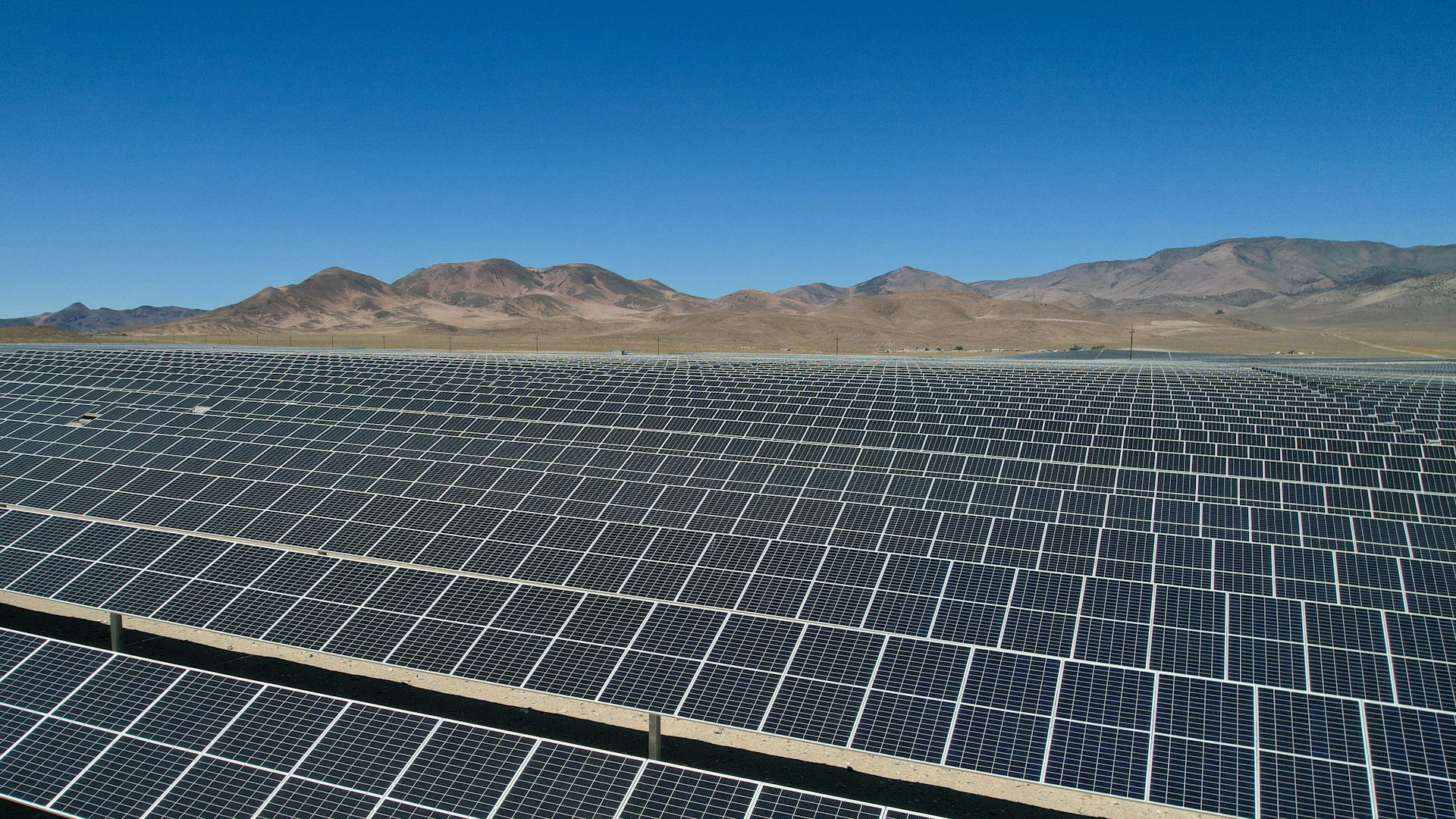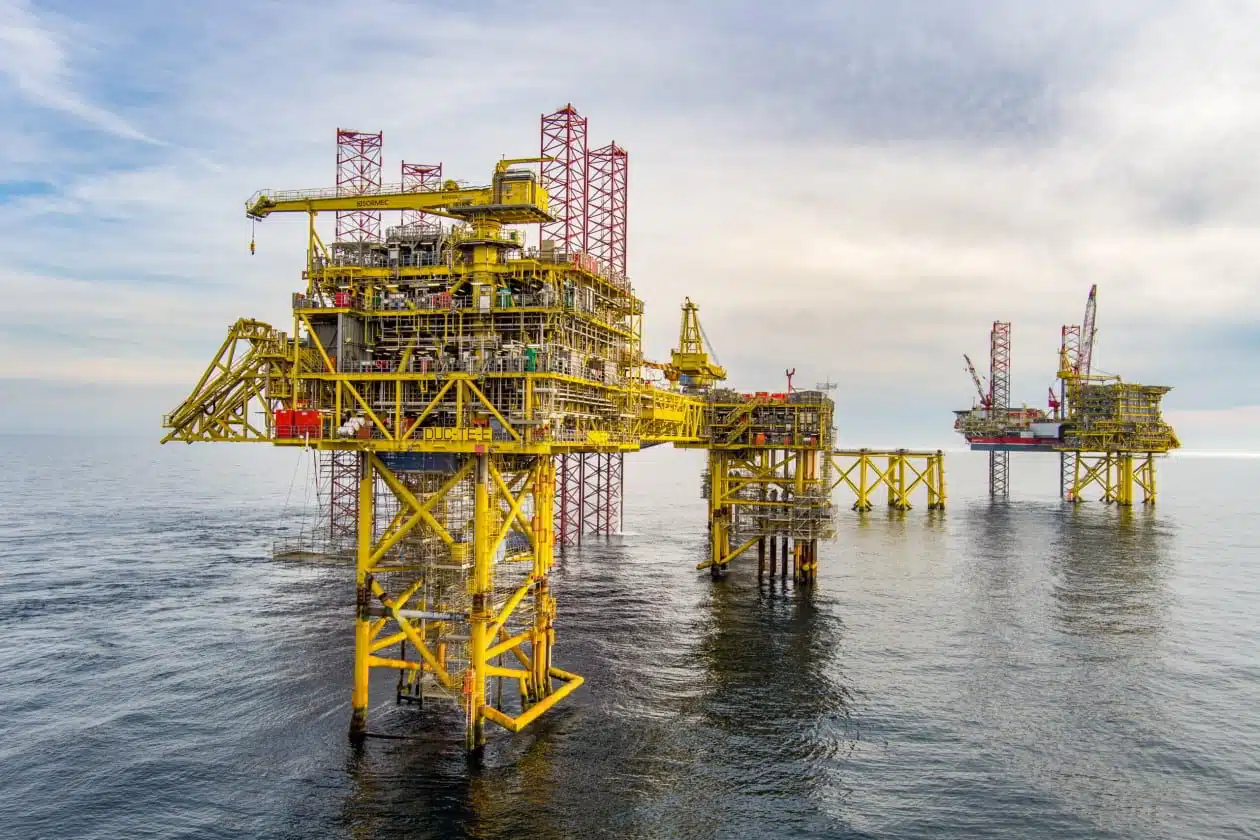Uganda has received the final shipment of pipes for the $5 billion East African Crude Oil Pipeline (EACOP) project, marking a major step toward its first oil production next year.
The milestone signifies the completion of deliveries for the 1,443 kilometre pipeline linking Uganda’s oilfields to Tanzania’s port of Tanga.
Officials confirmed that all 16 shipments of pipes, supplied by China Petroleum Pipe Steel Pipe Company Limited, have now arrived at designated storage yards in both Uganda and Tanzania.
The company explained that the final delivery, which began in December 2023, completes the supply chain for the construction phase of the cross border oil export project.
“The arrival of the last shipment means all the required materials for the pipeline construction are in place,” EACOP officials said. “This development will enable the project to progress at a faster pace as ground works continue.”
Government welcomes development
Uganda’s Minister of Energy, Dr Ruth Nankabirwa, described the delivery as a major achievement that keeps the project on schedule.
“This milestone means that the first oil remains on track for next year,” she stated.
“The government has been keen on ensuring all project timelines are met. The pipeline will enable Uganda to earn much needed revenues for national infrastructure development as provided under the Public Finance Management Act.”
The minister noted that the progress highlights strong collaboration between Uganda’s joint venture partners—TotalEnergies, China National Offshore Oil Corporation (CNOOC), and the Ugandan government.
She added that the completion of the deliveries boosts confidence that the long-awaited commercial oil production will soon commence.
Beyond the pipeline, officials confirmed that related projects under the Lake Albert development plan including the Kingfisher and Tilenga oilfields are also advancing.
The two sites are expected to supply crude oil that will be transported through the EACOP system to international markets.
First oil distribution in sight
According to the Ministry of Energy, the ongoing construction phase of the EACOP project has reached 58%.
The works include compensation for affected landowners, acquisition of right of way, construction of campsites, and installation of storage facilities and pumping stations.
The 1,443 kilometre pipeline will run from Hoima in western Uganda through Tanzania to the Indian Ocean port of Tanga, where the oil will be exported.
Once operational, it will transport an estimated 216,000 barrels per day (bpd) of crude oil, making it the world’s longest heated crude oil pipeline.
The EACOP project is valued at $5.1 billion and financed by both regional and global institutions. Funding partners include the African Export Import Bank, the Islamic Corporation for the Development of the Private Sector in Saudi Arabia, and Standard Bank of South Africa.
Two local banks Kenya Commercial Bank Uganda and Stanbic Bank Uganda are also contributing to the financing.
Sources involved in the financing process indicated that the funds will be released in three phases, starting with $2.5 billion and ending with $500 million.
Economic prospects for Uganda
Government projections suggest that oil production could boost Uganda’s annual revenue by between $13.4 billion and $52.8 billion, depending on international oil prices.
The World Bank and the International Monetary Fund (IMF) have both noted that the country’s economy could expand by up to 7% when production begins.
IMF projections show that Uganda’s Gross Domestic Product (GDP) could rise from $41.4 billion to about $51.9 billion as oil revenues begin to flow.
Officials said the expected earnings will strengthen public finances and support key sectors such as transport, power, and manufacturing.
Uganda discovered commercial oil deposits in 2006 but has faced years of delay due to inadequate infrastructure and financing constraints.
The EACOP project, along with the construction of a refinery and related facilities, is now expected to unlock the country’s petroleum potential.
Energy officials said that with the arrival of all required pipes, there is renewed optimism that Uganda’s first oil will be achieved in 2025.
“This project is not just about oil production,” one official noted. “It represents economic transformation and regional cooperation between Uganda and Tanzania.”

